Addressing Emotional Mental health Issues in children
Children are the building blocks of any generation and society. Today, with growing awareness and accessibility, mental health problems in children have come up to the surface more than ever. Mental Health issues in children and adolescents encompass several emotional and behavioural difficulties, including disruptive (defiance of authority, temper tantrums etc.), depression, anxiety and pervasive developmental disorders (Autism etc), characterized as either internalizing or externalizing problems, these are the commonest challenging behavioural problems faced in preschool and school-age children.
In children, naughty, defiant and impulsive behaviour from time to time, like losing one’s temper, destruction of property, and deceitfulness/stealing in preschool children are regarded as generally normal. However, it should be noted that extremely difficult and challenging behaviours not in line with age norm level of development, (for example unpredictable, prolonged, and/or destructive tantrums and severe outbursts of temper loss) are recognized as challenging.
Emotional problems in children, such as phobias, separation anxiety, generalised anxiety, depression and post-traumatic stress disorder (PTSD) often tend to occur in later childhood. These can often be difficult to recognise early by parents and caregivers as many children are not early equipped or have not developed appropriate vocabulary, verbal and non-verbal expression, and comprehension to express and identify their and others’ emotions intelligibly.
Factors Impacting Emotional Mental Health
At often times, challenging behaviour can be rooted in, ineffective coping strategies for a young person, with or without a developmental disability or impaired social and communication skills, trying to control what is going in their environment.
The factors involved can be based on both nature and nurture.
- Our genes (Nature) may influence how sensitive you are towards emotional information. There are certain genetic variation perceiving positive and negative images more vividly, and had heightened activity in certain brain regions.
- Prominent environmental factors (Nurture) identified which are likely to increase the risk of these challenging behaviour, are Negative school experiences and bullying, emotional abuse and trauma during childhood, also including places offering limited opportunities for making choices, social interaction or meaningful occupation.
These Challenges and difficulties if not dealt with can lead to:
While Mild to moderate anxiety is a normal emotional response to many stressful life situations. Emotional problems in later childhood can look like:
- Panic disorder
- Low self-esteem and lack of self-confidence,
- Generalized anxiety disorder (GAD),
- Separation anxiety
- Social phobia and specific phobias
- OCD and depression.
- Poor communication Skills
- Feelings of worthlessness, extreme sensitivity to rejection or failure, increased irritability, agitation, anger, or hostility
- Social isolation
Various Intervention approaches and strategies can be used to deal with these emotional mental health challenges
It is essential to address, identify and manage mental health problems in young children early in order to provide the right intervention at right time. We lose out on children if the problem is not identified early and the intervention is not provided, as these children then become adults with aggravated difficulties and mental health challenges.
The Interventions need to individualize and be closely tailored to the level of social and linguistic abilities, cultural background, family resources, learning style and degree of communication skills
The Intervention encompasses various therapeutic approaches such as:
- Art Therapy
No artistic talent is necessary for art therapy to succeed, because the therapeutic process is not about the artistic value of the work, but rather about finding associations between the creative choices made and a client’s inner life.
Art therapy can benefit in various areas of life, such as:
1. Exploring emotions
2. Improve self-esteem,
3. Manage addictions (eg. Chalk, fluid etc)
4. Relieve stress
5. Improve symptoms of anxiety and depression
6. Cope with a physical illness or disability.
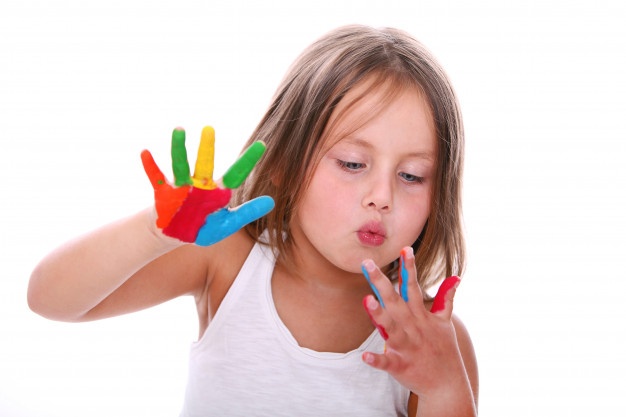
- Music Therapy
A Musical background is not required to benefit from music therapy. Children at any developmental age or developmental level can benefit from this therapeutic form. Music therapy is an evidence-based technique that practices the clinical applications of music to meet individualized non-musical goals. These goals could be physical, cognitive, emotional, or social.
Benefits of Music Therapy
- Normal growth and development
- Opportunities for choice and control
- Positive change in mood and emotional states
- Learning coping skills and techniques
- Effect positive physiological changes
- Self-expression
- Relaxation
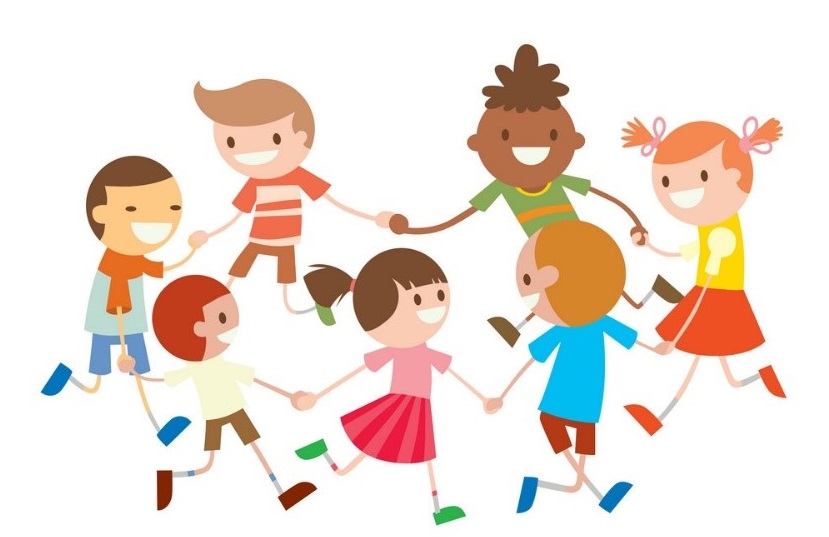
- Dance and movement therapy:
The psychotherapeutic use of movement and dance to support the intellectual, emotional, and motor functions of the body. As a form of expressive therapy, DMT looks at the correlation between movement and emotion.
Movement in a dance therapy setting is more than just exercise. The actions, fluidity, and movement are interpreted more like language.
Benefits of Dance and Movement therapy :
- Facilitate life-span development.
- Helps connect movement and emotion to boost physical and mental health.
- Beneficial for treating depression, eating disorders, ADHD, and more.
- Encouraging creativity
- Improving body image
- Relieving stress
- Managing mood
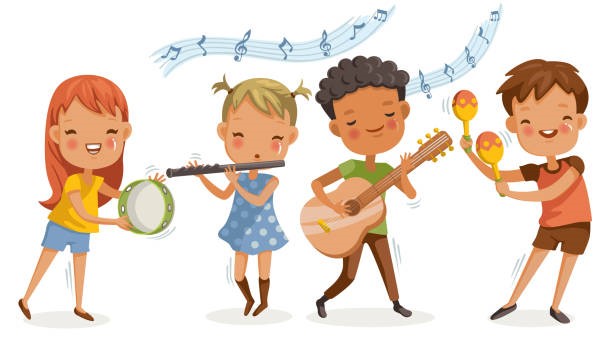
- Play Therapy:
Children may not be able to process their own emotions or articulate problems to parents or other adults. Play therapy is a form of therapy used primarily for children. While it may look like an ordinary playtime, play therapy can be much more than that.
Some of the potential benefits of play therapy are:
- Taking more responsibility for certain behaviors
- Developing coping strategies and creative problem-solving skills
- Self-respect
- Empathy and respect for others
- Alleviation of anxiety
- Learning to fully experience and express feelings
- Stronger social skills
- Stronger family relationships
- Encourage use of language or improve fine and gross motor skills.
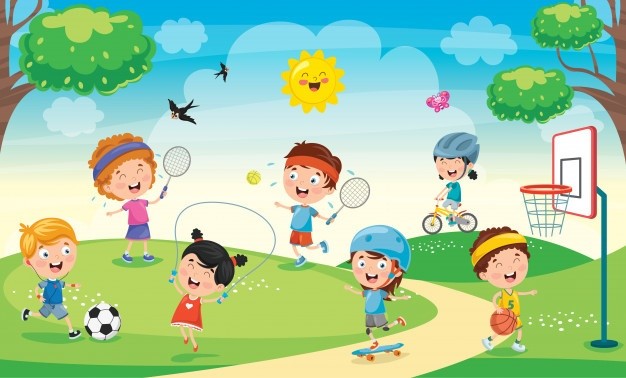
To summarise, maintaining healthy emotional mental health in children is a challenging task for parents and caregivers, however, it is manageable with the right interventions at the right time as discussed above.
The SOCIETY FOR COMPLEMENTARY THERAPIES, Mental Health and Healing centre is dedicated to creating a safe space to foster healthy mental health and well-being, by providing complementary therapies beyond words, for children, adults and teens.
www.sfct.in


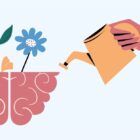
Recent Comments